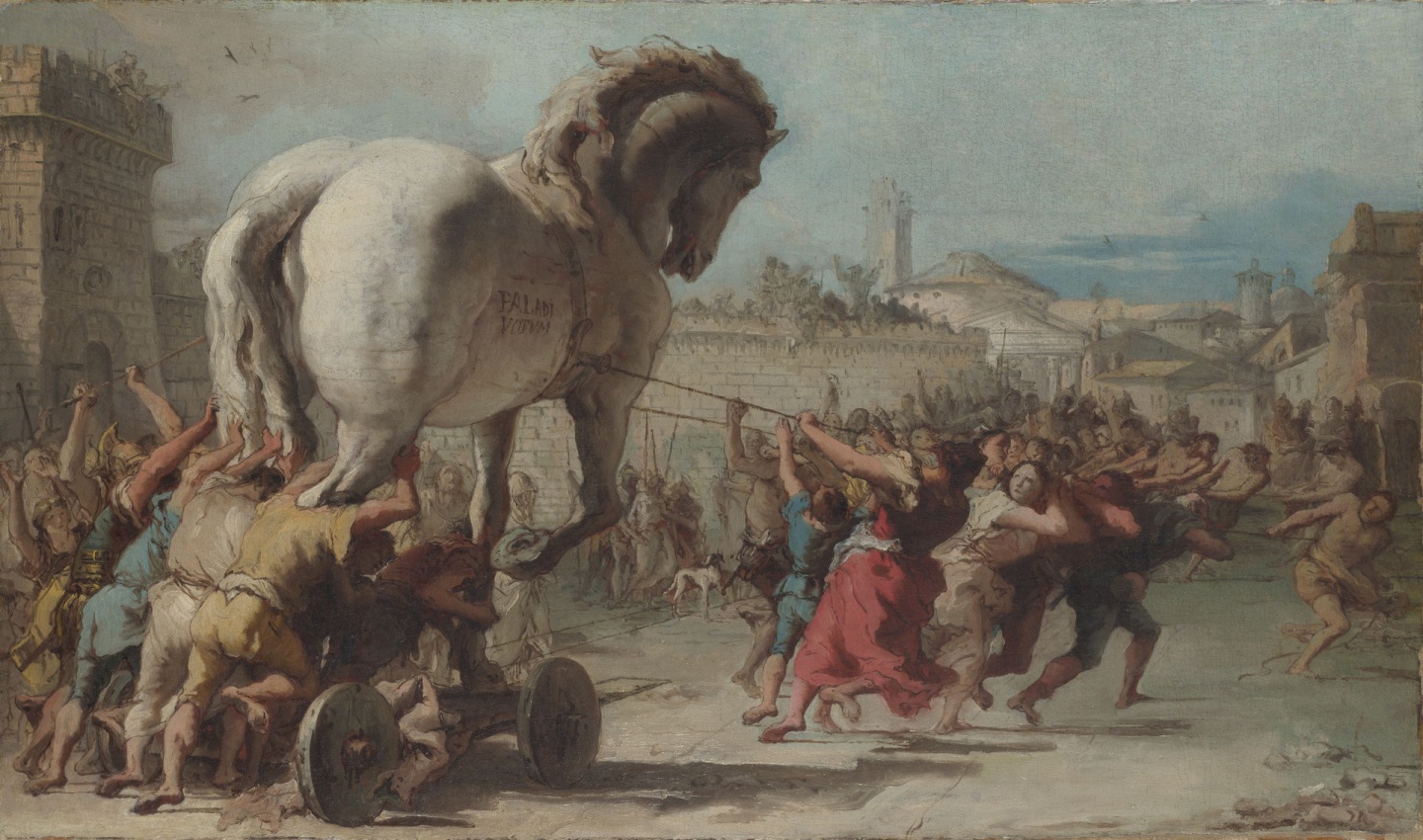HOKA's "Far Out" shows their Mafate X shoe running in remote South Africa
Apparel brand HOKA's new campaign “Far Out,” features the new trail running shoe Mafate X in the untamed


Another day, another group of big data and evil corporations trying to influence public policy by lying to you. This new one is called Mic-Coalition. Pronounced "Mike," as in Microphone, as in "give the people a voice." Well, what voice do they want to have, and who exactly are these people? Let's examine. On their website you are greeted with this mission statement:
Mic (pronounced “mike”, as in “microphone”) coalition is composed of companies, associations, consumer groups, venue owners and artist advocates who are committed to a rational, sustainable and transparent system that will drive the future of music and ensure that consumers and consumer-serving businesses, such as retailers, restaurants and hotels have continued access to play music at affordable prices.
If you already guessing this has something to do with Spotify, or big business, you would be right. Scroll down a bit on their website and we continue with their three-pillared mission.
The U.S. Congress is reviewing the copyright laws that govern music licensing. There is hope that Congress will achieve a healthy balance in the new music economy. But, there is a risk that they will craft a law that stifles innovation to the detriment of consumers and artists.
in Downtown LA, how exactly is innovation being stifled?
As has been pointed out before, the USA is one of the only countries besides Iran, China and North Korea who doesn't pay a performance royalty rate for terrestrial radio. This means out of the 196 countries in the world, four aren't paying. So if 192 countries are paying royalty rates, why is it we haven't seen stifled innovation in the rest of the world?
The final pillar of bullshit is this:
The Copyright Royalty Board (CRB), the arm of the Library of Congress that determines webcaster royalty rates, is in the process of determining what those rates should be for the next five years. Their verdict is expected at the end of 2015. If those rates are too high, Internet radio streaming could become unsustainable and those services could be driven out of business. As a result consumers and businesses that play music would have fewer choices in the marketplace.
for being the opposite of transparent, Pandora, who in addition to not making a profit, is actively suing musicians to pay them nothing, I heartMedia which is Clear Channel, Cox Media, which brings people in the south cable (so basically they're like Comcast) as well as owning a bunch of radio stations and newspapers. And then there's NPR.
Really. NPR. The publicly funded, endowment-heavy, somnolent voice that is comfort food to America's WASP nation. The radio station that every quarter holds doom and gloom telethons that would make a bible totin' televangelist proud, predicting an post-apocalyptic world where Click and Clack and The Takeaway won't exist unless you fork over more money in addition to your taxes.
The Trichordist, who pointed out that this is just one of two Coalition of the Calculating orgs that popped up this week is particularly incensed about NPR, and have some questions they'd like to ask them. In the interest of helping, I'm sharing their questions here.
NPR: Do you think it’s fair that the US is one of the only industrialized nations to not pay performers for terrestrial broadcast?
NPR: Do you think it’s fair that ASCAP songwriters are kept under the 1941 anti-monopoly DOJ consent decree which forces them to give special treatment to companies that look very much like monopolies (YouTube/Google, Pandora, NAB etc)?
NPR: You realize that you get an artificially low rate from songwriters and performers right? Largely because their is/was goodwill between us. Do you want us to lobby to make you pay the same as everyone else? Isn’t there still a bunch of public broadcasting haters in congress?
Answer us. We’re waiting.
Coalition of the Calculating orgs that popped up this week is particularly incensed about NPR, and have some questions they'd like to ask them. In the interest of helping, I'm sharing their questions here.
NPR: Do you think it’s fair that the US is one of the only industrialized nations to not pay performers for terrestrial broadcast?
NPR: Do you think it’s fair that ASCAP songwriters are kept under the 1941 anti-monopoly DOJ consent decree which forces them to give special treatment to companies that look very much like monopolies (YouTube/Google, Pandora, NAB etc)?
NPR: You realize that you get an artificially low rate from songwriters and performers right? Largely because their is/was goodwill between us. Do you want us to lobby to make you pay the same as everyone else? Isn’t there still a bunch of public broadcasting haters in congress?
Answer us. We’re waiting.